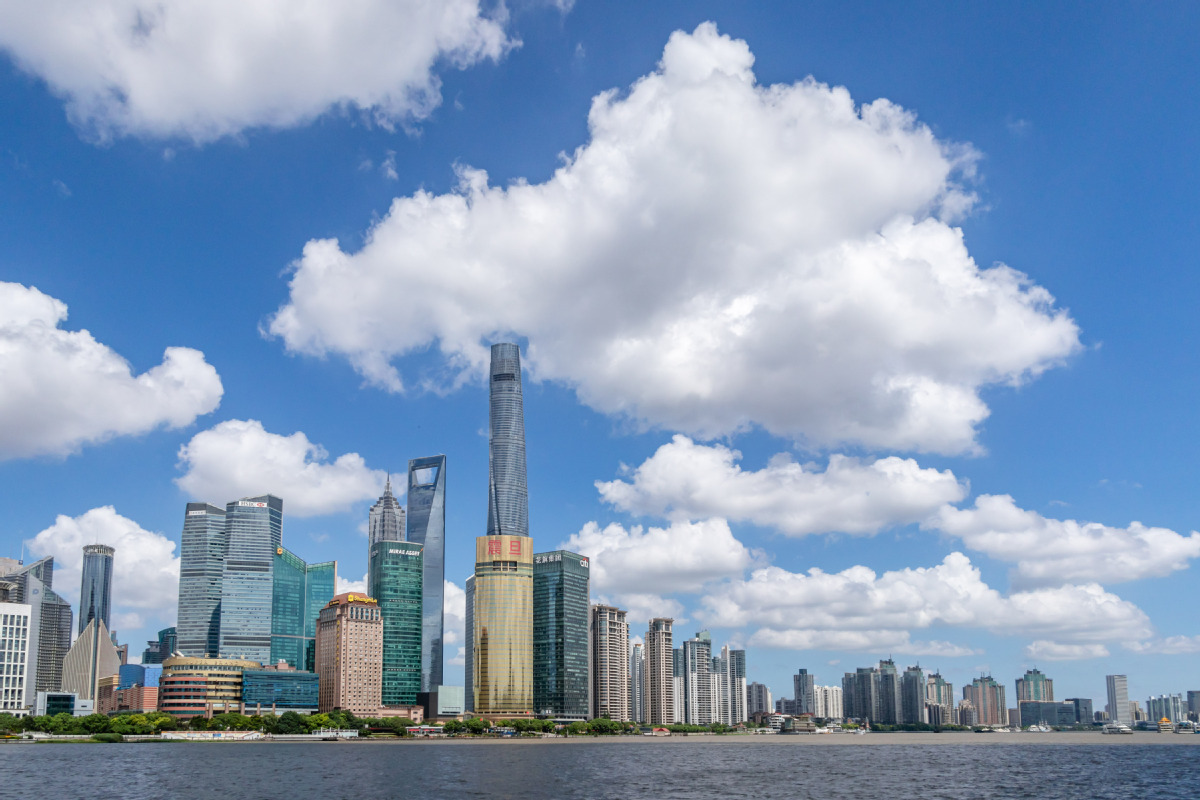More opening on horizon, says ministry


China will continue to improve its business environment, expand market access and roll out new policies at the appropriate time to stabilize foreign direct investment and refine the inflow structure, while keeping policies stable to facilitate growth in foreign trade, according to the Ministry of Commerce on Friday.
Based on the impressive achievements the country has made last year in FDI and foreign trade, as well as in facing the challenges arising from the pandemic, China will open wider to the rest of the world in its pursuit of forming a "dual-circulation" development paradigm, in which foreign trade and investment play important roles, ministry officials said.
Data from the ministry showed China's actual use of FDI reached nearly 1 trillion yuan ($154.77 billion) in 2020, climbing 6.2 percent year-on-year, with the number of newly established foreign companies reaching 39,000.
Its total imports and exports of goods hit a new high of 32.2 trillion yuan last year, rising 1.9 percent on a yearly basis, while services trade rose 2.2 percent year-on-year in the January-November period to 4.1 trillion yuan, excluding tourism services, which suffered a blow due to the pandemic.
Zong Changqing, director-general of the ministry's department of foreign investment administration, said the country will focus on optimizing the structure of FDI while keeping inflows stable in 2021, through efforts such as expanding market access, reinforcing policy support and improving the business environment.
"We will further ease market access, through implementing the new version of the negative lists (released in June last year) and further lifting restrictive measures," he said, adding that the country will also have more pilots to further open up the service sector this year.
Policy support for foreign investors will be strengthened, through implementing existing policy measures such as the new industry catalogue encouraging foreign investment released in December, and the country will push ahead with new policies at the appropriate time, based on the common needs of foreign companies, he said.
It will also enhance the layout of pilot free trade zones and carry out the master plan for the construction of Hainan free trade port.
Moreover, apart from shoring up foreign investment promotion and protection, the country will strive to create a market-oriented, law-based business environment in line with international standards.
It will also promote trade and investment liberalization and facilitation through ensuring that the Regional Comprehensive Economic Partnership and the investment agreement between China and the European Union take effect as soon as possible. The RCEP was signed last November by 15 countries, and the negotiations on the China-EU investment agreement were announced to have been completed at the year end.
Zhang Li, deputy head of the ministry's foreign trade department, said China will focus on improving export quality, nurturing new foreign trade forms such as cross-border e-commerce, establishing national innovation pilots for imports, and bolstering the establishment of bases for foreign trade upgrading and industrial parks for export processing.
According to a recent report by the United Nations Conference on Trade and Development, China surpassed the United States to take first place for FDI inflows last year, despite the downturn in global FDI.




































